
Ibagué: The Musical Heart of Colombia
Ibagué, the capital of the Tolima department, is known as the Musical City of Colombia. Nestled in the scenic Andean mountains, it offers a blend of cultural richness and natural beauty that makes it a must-visit destination. The city's musical heritage is evident in its many festivals, including the National Folk Festival, which showcases traditional Colombian music and dance. The city's historic center is a treasure trove of colonial architecture, with landmarks such as the Cathedral of the Immaculate Conception and the Conservatory of Tolima. These sites offer a glimpse into the city's past and its enduring love for the arts. Strolling through the streets, you'll find vibrant street art, bustling markets, and friendly locals who are always eager to share their city's stories. For nature lovers, the nearby Combeima Canyon and the Nevado del Tolima volcano provide stunning landscapes for hiking and exploring. The Botanical Garden of San Jorge is another highlight, offering a peaceful retreat with diverse flora and fauna. Whether you're a culture enthusiast, an adventure seeker, or someone who loves to relax in beautiful surroundings, Ibagué has something special to offer.
Local tips in Ibagué
- Visit during the National Folk Festival in June to experience the city's vibrant musical culture.
- Take a guided tour of the Conservatory of Tolima to learn about Ibagué's musical history.
- Explore the Combeima Canyon for breathtaking views and outdoor adventures.
- Stroll through the Botanical Garden of San Jorge for a serene experience with nature.
- Try the local cuisine, especially the traditional dish 'Lechona,' a savory pork specialty.
Ibagué: The Musical Heart of Colombia
Ibagué, the capital of the Tolima department, is known as the Musical City of Colombia. Nestled in the scenic Andean mountains, it offers a blend of cultural richness and natural beauty that makes it a must-visit destination. The city's musical heritage is evident in its many festivals, including the National Folk Festival, which showcases traditional Colombian music and dance. The city's historic center is a treasure trove of colonial architecture, with landmarks such as the Cathedral of the Immaculate Conception and the Conservatory of Tolima. These sites offer a glimpse into the city's past and its enduring love for the arts. Strolling through the streets, you'll find vibrant street art, bustling markets, and friendly locals who are always eager to share their city's stories. For nature lovers, the nearby Combeima Canyon and the Nevado del Tolima volcano provide stunning landscapes for hiking and exploring. The Botanical Garden of San Jorge is another highlight, offering a peaceful retreat with diverse flora and fauna. Whether you're a culture enthusiast, an adventure seeker, or someone who loves to relax in beautiful surroundings, Ibagué has something special to offer.
When is the best time to go to Ibagué?
Iconic landmarks you can’t miss
Bolívar Plaza
Discover the vibrant atmosphere of Bolívar Plaza, a cultural and social paradise in Ibagué, where nature meets tradition.
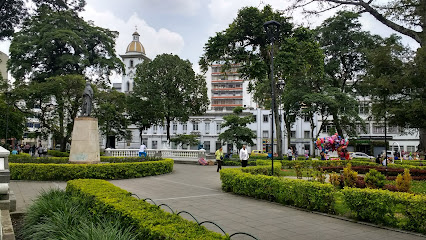
Centenario Park
Discover the natural beauty and vibrant atmosphere of Centenario Park in Ibagué, Tolima—a perfect spot for relaxation and family fun.
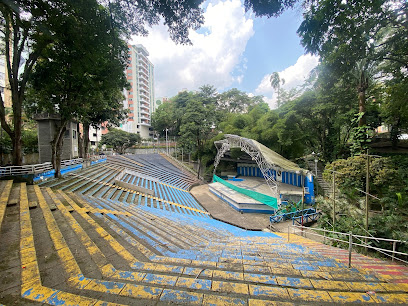
Orquídeas del Tolima
Explore the lush landscapes and diverse flora of Orquídeas del Tolima, a nature preserve and hiking paradise in Ibagué, Colombia.
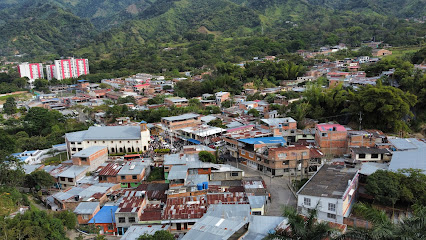
San Jorge Botanical Garden
Explore the lush landscapes and diverse flora at San Jorge Botanical Garden in Ibagué, a tranquil retreat for nature lovers and tourists alike.
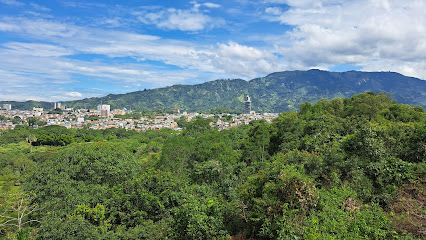
Monument to Bambuquera
Explore the Monument to Bambuquera in Ibagué, a stunning tribute to bamboo and local culture amidst beautiful surroundings.
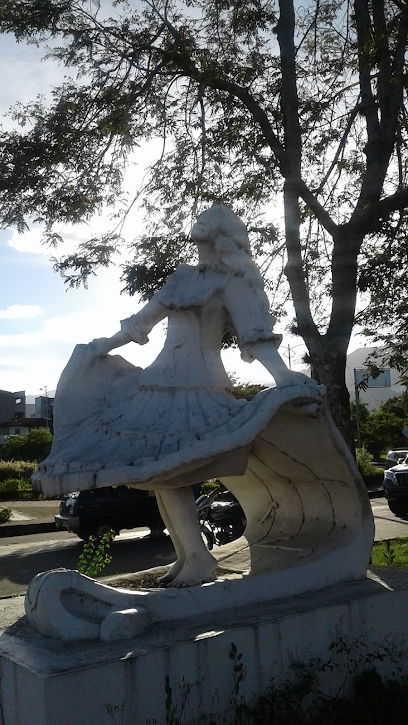
Unmissable attractions to see
Cocora Valley
Discover Cocora Valley, a breathtaking national park in Colombia renowned for its majestic wax palms and stunning hiking trails that allure nature enthusiasts.
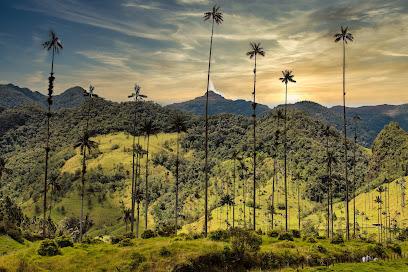
Bolívar Plaza
Discover the charm of Bolívar Plaza in Ibagué, a vibrant city park filled with history, culture, and local delights.
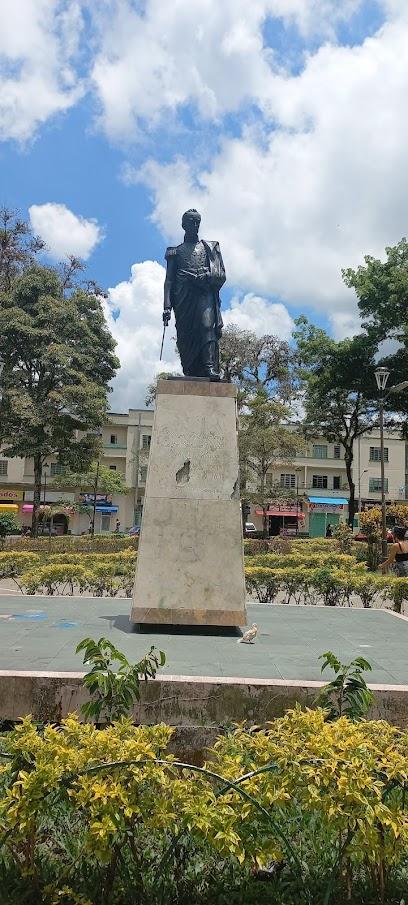
Centenario Park
Discover the lush beauty of Centenario Park, a tranquil urban oasis in Ibagué, Tolima, perfect for relaxation and cultural exploration.
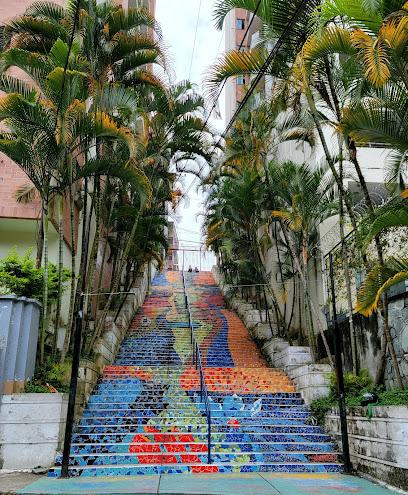
Plaza Murillo Toro
Discover the beauty and culture of Ibagué at Plaza Murillo Toro, a tranquil park perfect for relaxation and local experiences.
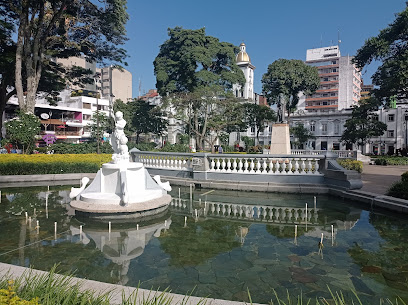
Museo Panóptico de Ibagué
Discover the captivating Museo Panóptico de Ibagué, a cultural treasure showcasing the rich history and art of Tolima, Colombia.
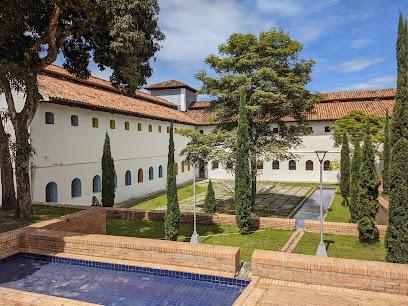
Coffee Tour Luger
Discover the art of coffee making in Salento's lush landscapes at Coffee Tour Luger, where every sip tells a story of Colombian culture and tradition.
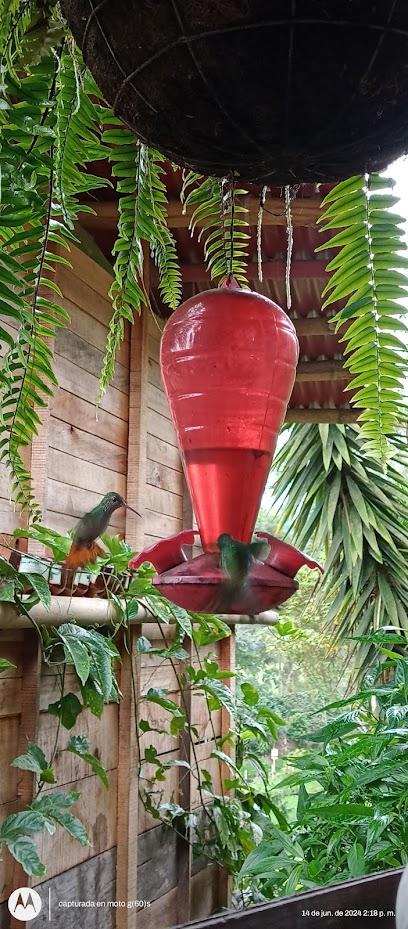
Orquídeas del Tolima
Explore Orquídeas del Tolima, a stunning nature preserve in Ibagué, Colombia, showcasing over 1,000 orchid species amidst breathtaking landscapes.
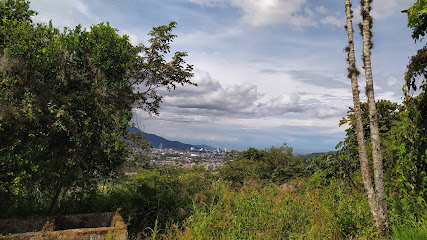
Música Park
Discover the vibrant harmony of nature and culture at Música Park in Ibagué, Tolima, a serene escape filled with music and art.
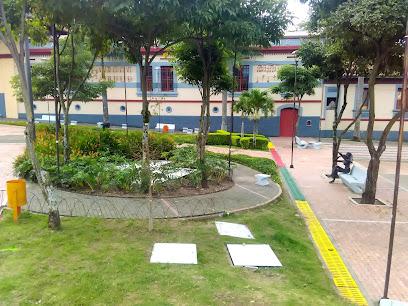
Alto de la Cruz viewpoint
Experience the stunning natural beauty of Colombia at Alto de la Cruz viewpoint, a must-visit scenic spot in Salento's lush landscapes.
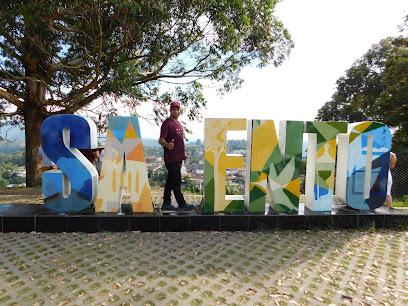
San Jorge Botanical Garden
Experience the tranquility of San Jorge Botanical Garden in Ibagué, where Colombia’s diverse flora and serene pathways create a perfect retreat for nature lovers.
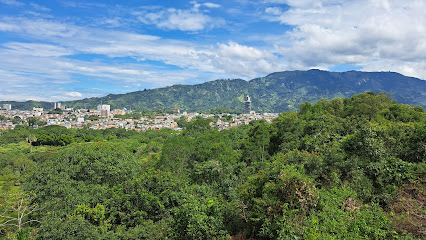
Santa Rita waterfall
Experience the breathtaking beauty of Santa Rita Waterfall in Salento, Quindío, a natural paradise perfect for adventurers and nature lovers.
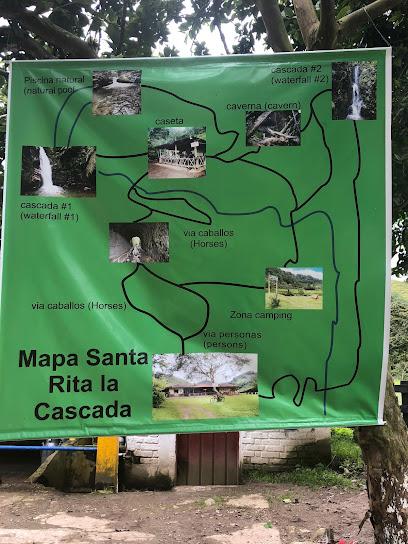
Combeima Canyon
Discover the breathtaking beauty of Combeima Canyon, a natural wonder in Tolima, Colombia, perfect for adventure and relaxation in the great outdoors.
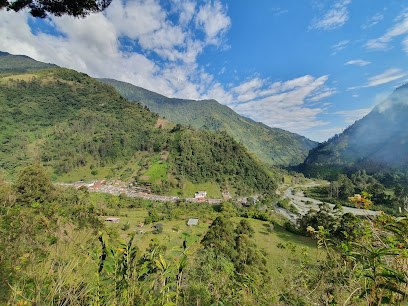
Acaime Nature Reserve
Explore the lush beauty of Acaime Nature Reserve in Salento, Quindio, a must-visit destination for nature lovers and adventure seekers.
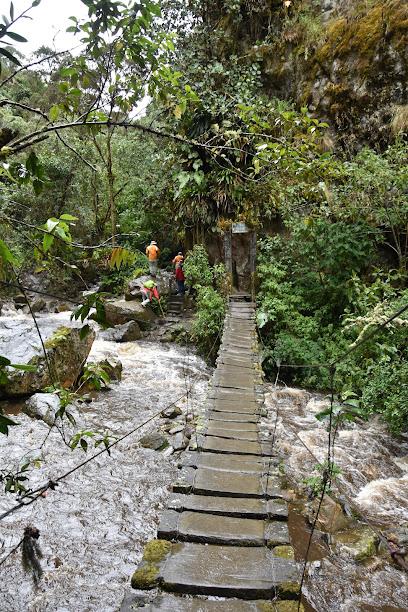
Alexander von Humboldt Botanical Garden
Explore the breathtaking Alexander von Humboldt Botanical Garden in Ibagué, Tolima, showcasing Colombia's rich biodiversity and stunning landscapes.
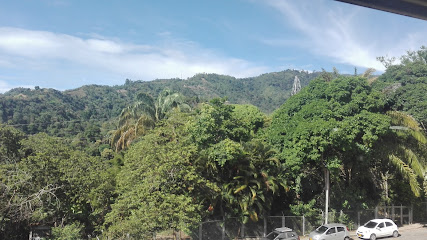
entreAguas Reserva Natural
Explore the tranquil beauty of entreAguas Reserva Natural in Tolima, Colombia – a nature lover's paradise filled with breathtaking landscapes and rich biodiversity.
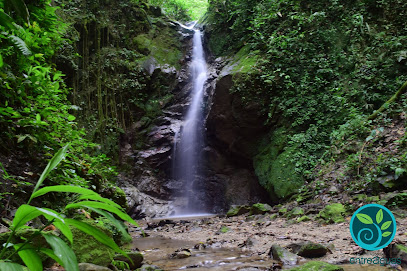
Essential places to dine
Restaurante Don Pedro Típico - Calle 60
Discover the authentic taste of Colombia at Restaurante Don Pedro Típico - where grilled delights meet warm hospitality.
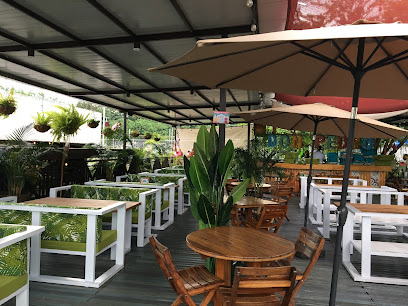
El Gran Camarón Killero - Jordán
Experience the vibrant flavors of the sea at El Gran Camarón Killero in Ibagué - where every dish tells a story.
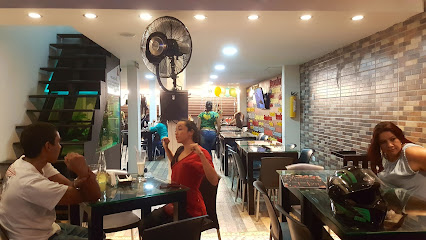
Salvador y Milagros
Discover authentic Colombian flavors at Salvador y Milagros in Ibagué - where every dish tells a story.
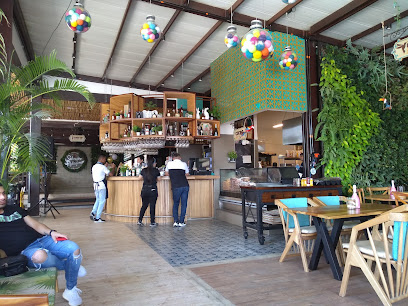
Madero
Discover Madero: Ibagué's premier steakhouse offering mouthwatering cuts in a vibrant setting perfect for meat lovers.
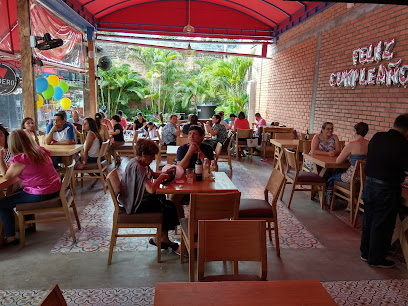
LB La Baranda Bar - Restaurante
Experience the best of Colombian cuisine at LB La Baranda Bar - Restaurante in Ibagué with delicious grilled specialties and vibrant atmosphere.
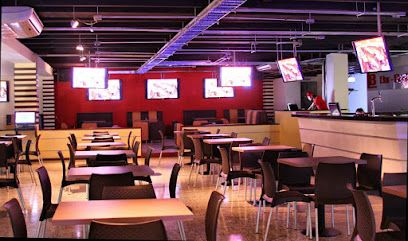
Felo La Serena
Experience authentic Colombian cuisine at Felo La Serena in Ibagué – where tradition meets taste in every dish.
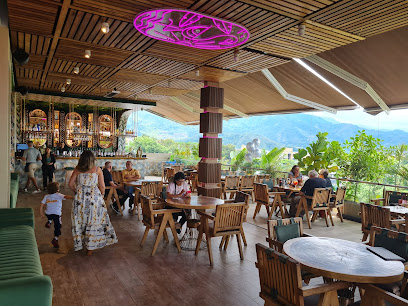
La Parrilla de Marcos
Experience authentic Colombian flavors at La Parrilla de Marcos - a top-rated restaurant in Ibagué known for its vibrant atmosphere and delicious cuisine.
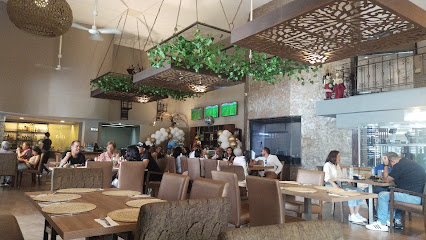
Maria Y El Mar
Experience exquisite Colombian cuisine at Maria Y El Mar in Ibagué - where fresh seafood meets elegant dining.
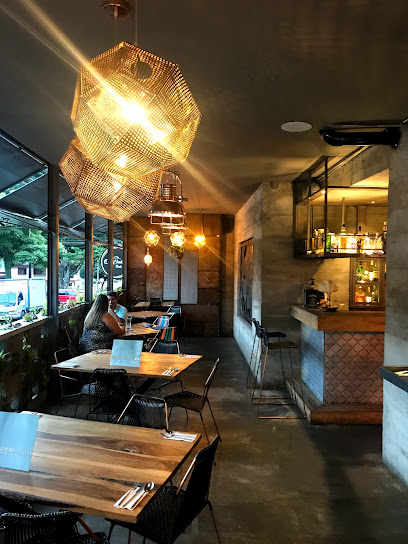
Augurio By La Comarca
Experience the vibrant flavors of Colombia at Augurio By La Comarca in Ibagué – where tradition meets contemporary cuisine in a lively setting.
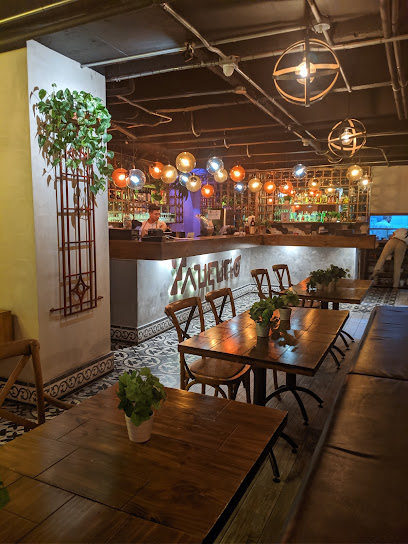
Puerto Madero
Experience exquisite Colombian cuisine at Puerto Madero - Ibagué's premier restaurant offering gourmet dishes in a vibrant atmosphere.
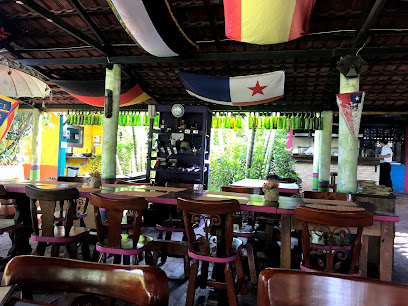
TANGO Pasión por la Carne
Discover the best grilled meats in Ibagué at TANGO Pasión por la Carne - where flavor meets passion in every bite.
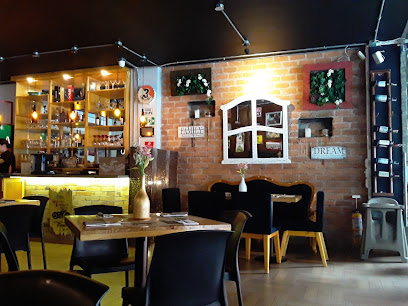
Yerbabuena
Discover the essence of Colombian cuisine at Yerbabuena in Ibagué—where family-friendly dining meets authentic local flavors.
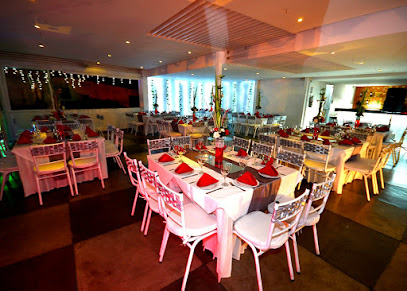
El Ilustre
Experience culinary excellence at El Ilustre, Ibagué's top restaurant-bar offering local flavors in a vibrant setting.
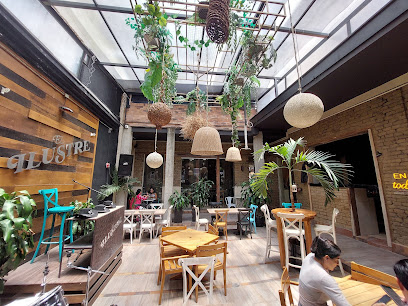
Restaurante la Comarca
Discover authentic Colombian cuisine at Restaurante la Comarca in Bogotá - a delightful culinary experience awaits every visitor.
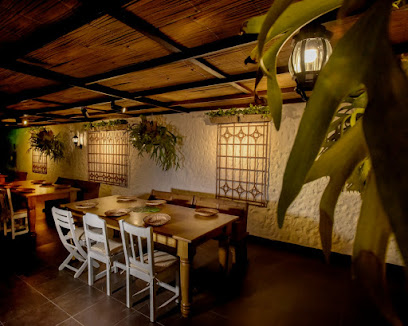
Encanto Del Mar Gourmet
Experience vibrant Caribbean cuisine at Encanto Del Mar Gourmet in Ibagué - a culinary gem offering authentic flavors and delightful atmosphere.
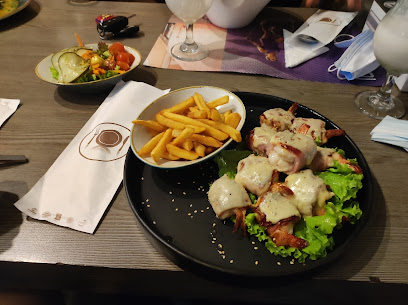
Markets, malls and hidden boutiques
La Estación Shopping Mall
Explore La Estación Shopping Mall in Ibagué, a vibrant hub for shopping, dining, and entertainment with a perfect blend of local and international experiences.
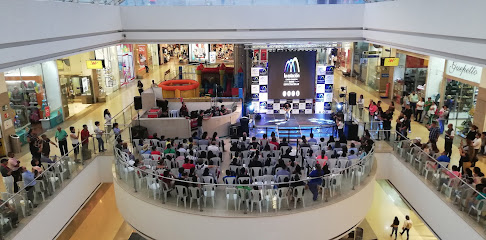
Multicentro Mall
Explore the vibrant shopping, dining, and entertainment experiences at Multicentro Mall in Ibagué, Tolima, the heart of local culture.
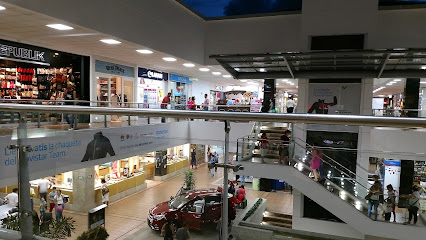
Orion Store
Explore the stylish Orion Store in Ibagué for a unique shopping experience featuring local fashion and quality apparel.
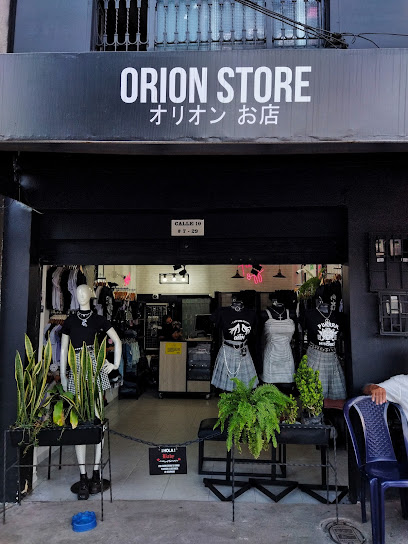
Tienda de Regalos
Discover unique gifts, delightful balloons, and delicious ice cream at Tienda de Regalos in Ibagué, the perfect stop for every tourist.
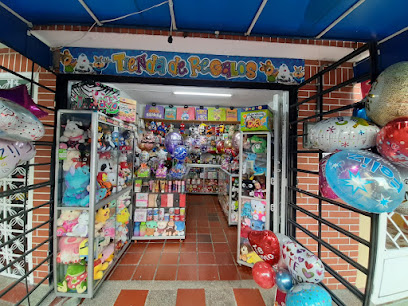
Paula Andrea Tienda de moda
Explore the chic and trendy selections at Paula Andrea Boutique, Ibagué's go-to destination for unique fashion and accessories.

Gratus Tienda Vintage
Explore the charm of Gratus Tienda Vintage, where every item tells a story and adds a touch of nostalgia to your travel experience.
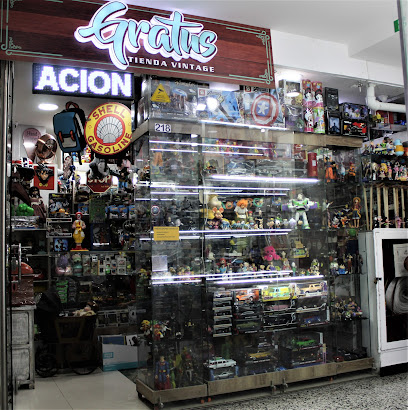
Topiz
Discover Topiz in Ibagué, a vibrant gift shop offering unique souvenirs and colorful balloons that capture the spirit of Tolima.
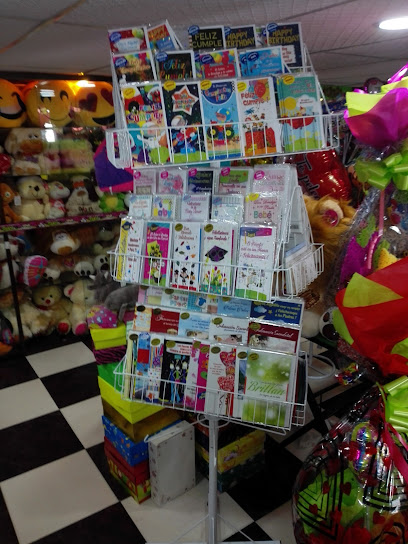
Novedades Mechitas
Discover the charm of Novedades Mechitas, Ibagué's premier gift shop offering unique local treasures and authentic Colombian souvenirs.

Eva Boutique
Explore the vibrant fashion scene at Eva Boutique, Ibagué's premier women's clothing store, offering unique styles and personalized service.

Tienda USA
Explore the latest trends in women's fashion and accessories at Tienda USA in Ibagué's vibrant Centro Comercial La Estación.
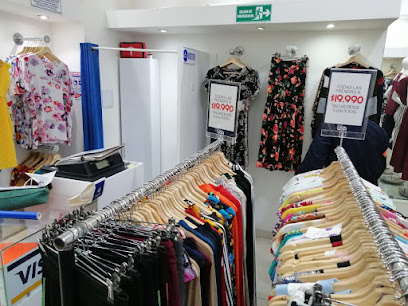
VP Woman Boutique
Discover the chicest women's dresses at VP Woman Boutique in Ibagué – a treasure trove of style and elegance for every occasion.
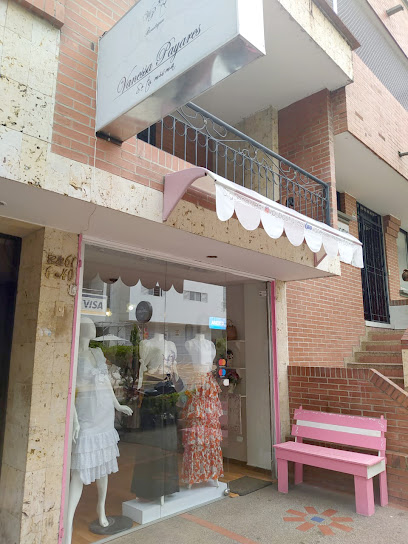
Te Amo
Discover unique handmade gifts and crafts at Te Amo in Ibagué, where local artistry and culture come together in a vibrant shopping experience.

Vicky Detalles & regalos
Explore a vibrant gift shop in Ibagué, Tolima, featuring unique local crafts and souvenirs that embody the essence of Colombian culture.

Boutique de ropa ANDY
Explore Boutique de ropa ANDY in Ibagué for unique, stylish clothing that captures the essence of local fashion and culture.
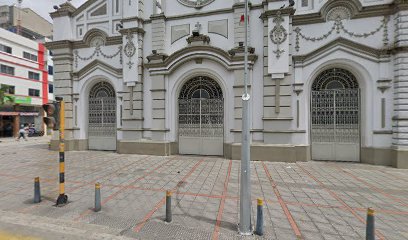
Los Detalles de Male
Explore a vibrant gift shop in Ibagué offering unique treasures and colorful balloons for every occasion.

Essential bars & hidden hideouts
Estancomodos Bar
Experience the pulsating nightlife of Ibagué at Estancomodos Bar, where great drinks and live music create unforgettable moments.
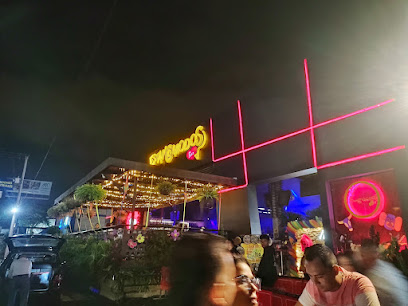
Tereque Bar
Discover the vibrant nightlife of Ibagué at Tereque Bar, where cocktails, music, and local culture create an unforgettable experience.
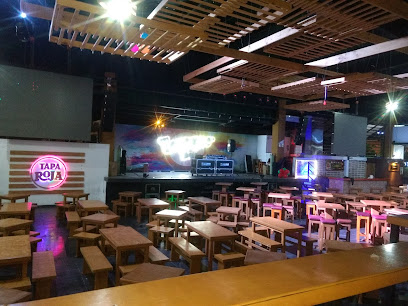
D Leyenda Bar
Experience the vibrant nightlife at D Leyenda Bar in Ibagué, where great drinks and an inviting atmosphere await every visitor.
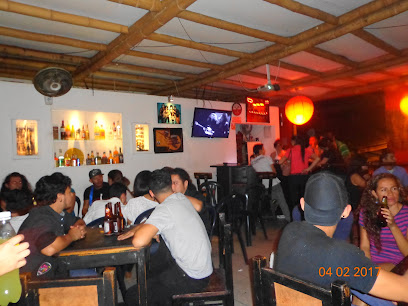
London House Pub Bar
Experience the best of Ibagué nightlife at London House Pub Bar, renowned for its craft cocktails, lively atmosphere, and unforgettable evenings.
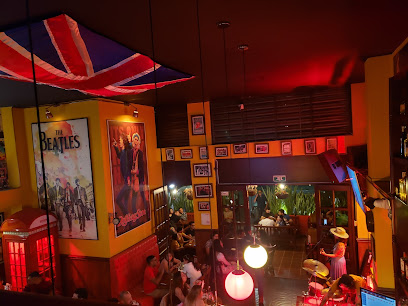
Beertown Ibague
Discover the vibrant atmosphere of Beertown Ibague, where craft beer meets gourmet dining in the heart of Ibagué, Tolima.
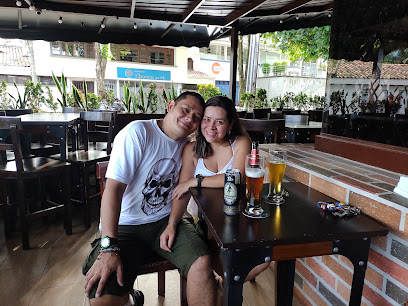
Sky Rooftop
Discover the stunning views and vibrant nightlife at Sky Rooftop, the ultimate bar destination in Ibagué, Colombia.
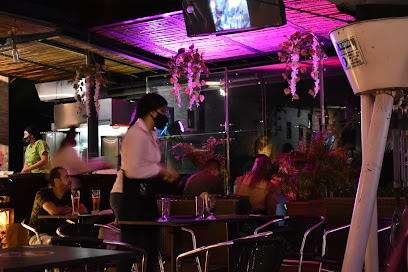
Trq
Experience the vibrant nightlife of Ibagué at Trq, an inviting bar with exceptional drinks and a lively atmosphere perfect for unwinding.
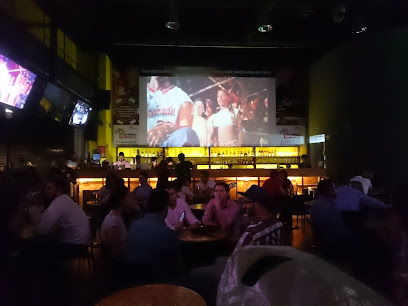
Casa Corona Ibagué
Discover the vibrant nightlife of Ibagué at Casa Corona, a lively stand bar offering unique drinks and an unforgettable atmosphere.
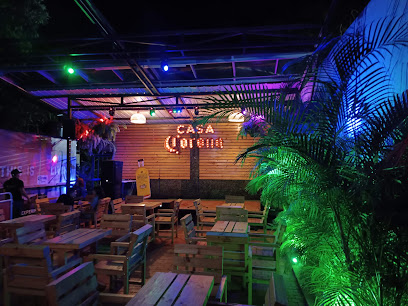
LA FARRA BAR
Discover the lively atmosphere of La Farra Bar in Ibagué, where vibrant nightlife meets great drinks and friendly locals.
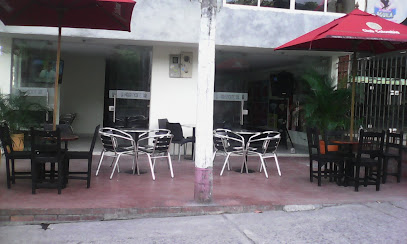
The Garrison Gastro-Pub
Discover the lively Garrison Gastro-Pub in Ibagué, Tolima – a perfect blend of craft drinks, delicious food, and vibrant local culture.
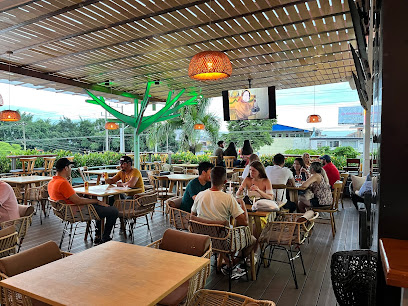
BAR CABALLO VIEJO
Experience the lively nightlife at Bar Caballo Viejo, a vibrant bar in Ibagué, Tolima, known for its friendly ambiance and affordable drinks.
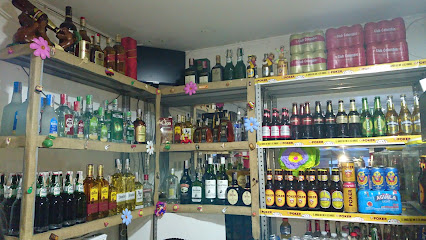
El Ventanal Bar Rock
Discover the energetic vibes of El Ventanal Bar Rock, a top nightlife destination in Ibagué, offering live rock music and a lively atmosphere for all.
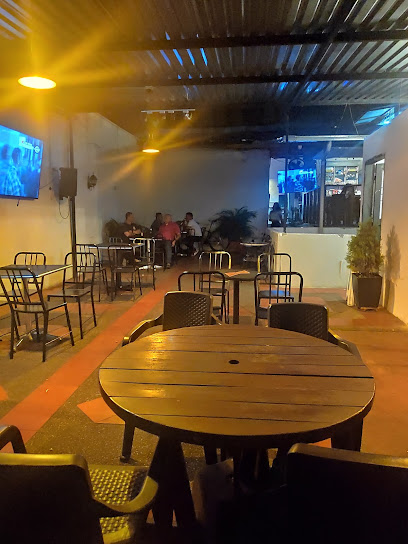
Histeria
Experience the vibrant nightlife at Histeria, a lively bar in Ibagué offering local drinks, live music, and a welcoming ambiance.
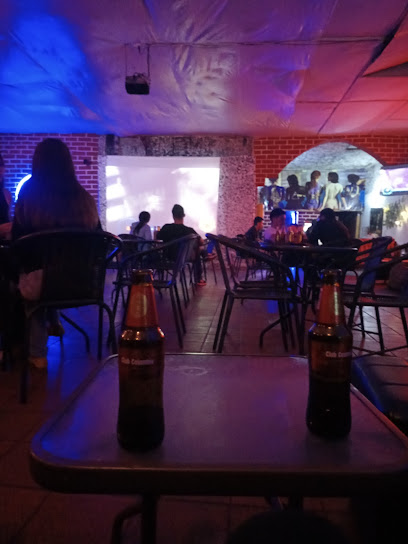
Aqui Fue Bar
Discover the vibrant nightlife at Aqui Fue Bar in Ibagué, a perfect blend of local culture, delicious cocktails, and lively entertainment.
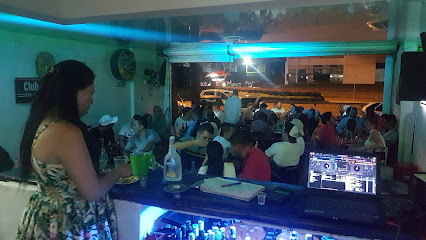
Local Phrases
-
- HelloHola
[oh-lah] - GoodbyeAdiós
[ah-dyohs] - YesSí
[see] - NoNo
[noh] - Please/You're welcomePor favor
[por fah-vor] - Thank youGracias
[grah-syahs] - Excuse me/SorryPerdón
[pehr-dohn] - How are you?¿Cómo estás?
[koh-moh ehs-tahs] - Fine. And you?Bien. ¿Y tú?
[byehn. ee too] - Do you speak English?¿Hablas inglés?
[ah-blahs een-glehs] - I don't understandNo entiendo
[noh ehn-tyen-doh]
- HelloHola
-
- I'd like to see the menu, pleaseQuisiera ver el menú, por favor
[kee-syeh-rah behr ehl meh-noo, por fah-vor] - I don't eat meatNo como carne
[noh koh-moh kahr-neh] - Cheers!¡Salud!
[sah-loohd] - I would like to pay, pleaseQuisiera pagar, por favor
[kee-syeh-rah pah-gahr, por fah-vor]
- I'd like to see the menu, pleaseQuisiera ver el menú, por favor
-
- Help!¡Ayuda!
[ah-yoo-dah] - Go away!¡Vete!
[veh-teh] - Call the Police!¡Llama a la policía!
[yah-mah ah lah poh-lee-see-ah] - Call a doctor!¡Llama a un doctor!
[yah-mah ah oon dohk-tohr] - I'm lostEstoy perdido/a
[ehs-toy pehr-dee-doh/ah] - I'm illEstoy enfermo/a
[ehs-toy ehn-fehr-moh/ah]
- Help!¡Ayuda!
-
- I'd like to buy...Me gustaría comprar...
[meh goos-tah-reeah kohm-prar] - I'm just lookingSolo estoy mirando
[soh-loh ehs-toy mee-rahn-doh] - How much is it?¿Cuánto cuesta?
[kwan-toh kwehs-tah] - That's too expensiveEso es demasiado caro
[eh-soh ehs deh-mah-syah-doh kah-roh] - Can you lower the price?¿Puede bajar el precio?
[pweh-deh bah-hahr ehl pree-syoh]
- I'd like to buy...Me gustaría comprar...
-
- What time is it?¿Qué hora es?
[keh oh-rah ehs] - It's one o'clockEs la una
[ehs lah oo-nah] - Half past (10)Media hora (10)
[meh-dyah oh-rah (deez] - MorningMañana
[mah-nyah-nah] - AfternoonTarde
[tahr-deh] - EveningNoche
[noh-cheh] - YesterdayAyer
[ah-yehr] - TodayHoy
[oy] - TomorrowMañana
[mah-nyah-nah] - 1Uno
[oo-noh] - 2Dos
[dohs] - 3Tres
[trehs] - 4Cuatro
[kwah-troh] - 5Cinco
[seen-koh] - 6Seis
[says] - 7Siete
[syeh-teh] - 8Ocho
[oh-choh] - 9Nueve
[nweh-veh] - 10Diez
[dyehs]
- What time is it?¿Qué hora es?
-
- Where's a/the...?¿Dónde está...?
[dohn-deh ehs-tah] - What's the address?¿Cuál es la dirección?
[kwal ehs lah dee-rehk-syon] - Can you show me (on the map)?¿Puedes mostrarme (en el mapa)?
[pweh-dehs mohs-trar-meh (ehn ehl mah-pah)] - When's the next (bus)?¿Cuándo es el próximo (bus)?
[kwan-doh ehs ehl proh-ksy-moh (boos)] - A ticket (to ....)Un tiquete (para ....)
[oon tee-keh-teh (pah-rah)]
- Where's a/the...?¿Dónde está...?
History of Ibagué
-
Ibagué was founded on October 14, 1550, by Spanish conquistador Andrés López de Galarza. The city was originally established as a strategic military outpost to aid in the Spanish conquest and colonization of the region. Over time, it evolved into a significant urban center in the heart of Colombia.
-
Before the Spanish colonization, the region where Ibagué is situated was inhabited by the Pijao people. They were known for their warrior culture and resistance against the Spanish invaders. The Pijao played a significant role in the early history of Ibagué, with their culture and traditions still resonating in the area today.
-
During the colonial period, Ibagué became a crucial point for Spanish expeditions and trade routes. The city witnessed the construction of colonial architecture, including churches and administrative buildings, some of which are still standing and serve as historical landmarks.
-
Ibagué played a role in Colombia’s struggle for independence from Spanish rule. The city became a refuge for patriots and a strategic location for planning revolutionary activities. Key figures in the independence movement, such as Simón Bolívar, are linked to the city’s history during this tumultuous period.
-
After Colombia gained independence in 1819, Ibagué began to develop as a regional economic and cultural hub. The city saw growth in agriculture, particularly coffee production, which became a vital part of the local economy. Infrastructure improvements, such as the construction of roads and railways, facilitated trade and connectivity.
-
Ibagué is often referred to as the 'Musical Capital of Colombia' due to its rich musical heritage. The city hosts numerous cultural events, such as the Festival Folclórico Colombiano, which celebrates traditional Colombian music and dance. The Conservatory of Tolima, located in Ibagué, is one of the most prestigious music schools in the country.
-
In contemporary times, Ibagué has continued to grow and modernize while preserving its historical and cultural heritage. The city’s economy has diversified, with significant contributions from sectors such as education, industry, and tourism. Efforts to preserve historical sites and promote cultural tourism have made Ibagué a popular destination for travelers seeking to explore Colombia’s rich history and traditions.
Ibagué Essentials
-
Ibagué is well-connected by both air and road. The nearest airport is Perales Airport, located just 12 kilometers from the city center. Domestic flights from major cities like Bogotá and Medellín are available. For international travelers, it is advisable to fly into El Dorado International Airport in Bogotá and then take a domestic flight or bus to Ibagué. The city is also accessible by road via the Pan-American Highway, with regular bus services from Bogotá, Medellín, and other major cities.
-
Within Ibagué, public transportation options include buses, taxis, and ride-sharing services like Uber. Buses are the most economical way to travel around the city, although they can be crowded during peak hours. Taxis are readily available and relatively inexpensive. Make sure to use registered taxis or ride-sharing services for safety. Renting a car is also an option, especially if you plan to explore the surrounding areas.
-
The official currency in Colombia is the Colombian Peso (COP). Credit and debit cards are widely accepted in hotels, restaurants, and shops in Ibagué. However, it's advisable to carry some cash for small purchases and in case you visit more remote areas. ATMs are available throughout the city, but always use machines located in secure areas like banks or shopping malls.
-
Ibagué is generally safe for tourists, but it's crucial to exercise standard precautions. Avoid walking alone at night in poorly lit areas, and be cautious with your belongings in crowded places. Some neighborhoods like El Bosque and Ciudadela Simón Bolívar have higher crime rates, so it's best to avoid these areas, especially after dark. Always use registered taxis or ride-sharing services, and avoid displaying valuable items openly.
-
In case of an emergency, dial 123 for police, medical, and fire services. The main hospitals in Ibagué include Hospital Federico Lleras Acosta and Clínica Tolima, both providing emergency medical services. It is advisable to have travel insurance that covers medical expenses. Pharmacies are widely available for minor health issues, and some offer 24-hour service.
-
Fashion: Do dress modestly, especially when visiting religious or cultural sites. Avoid overly revealing clothing. Religion: Do respect local religious customs and traditions, and dress conservatively when visiting churches. Public Transport: Do be polite and give up your seat to elderly passengers. Don’t eat or drink on public transport. Greetings: Do greet people with a handshake or a 'buenos días' (good morning) or 'buenas tardes' (good afternoon). Eating & Drinking: Do try local dishes and accept food offerings graciously. Don’t refuse hospitality as it is considered impolite.
-
To experience Ibagué like a local, visit the local markets such as Plaza de Mercado La 28 and Plaza de Mercado La 21, where you can buy fresh produce and traditional Colombian goods. Engage with locals, who are often friendly and willing to share stories about the city's history and culture. Don't miss visiting the Tolima Music Conservatory and the Museo de Arte del Tolima for a taste of the local arts scene. For nature lovers, the Combeima Canyon offers stunning landscapes and hiking opportunities.
Nearby Cities to Ibagué
-
Things To Do in Armenia
-
Things To Do in Pereira
-
Things To Do in Manizales
-
Things To Do in Bogotá
-
Things To Do in Neiva
-
Things To Do in Cali
-
Things To Do in Villavicencio
-
Things To Do in Medellín
-
Things To Do in Tunja
-
Things To Do in Popayán
-
Things To Do in Pasto
-
Things To Do in Cúcuta
-
Things To Do in Sincelejo
-
Things To Do in Ibarra
-
Things To Do in Otavalo












